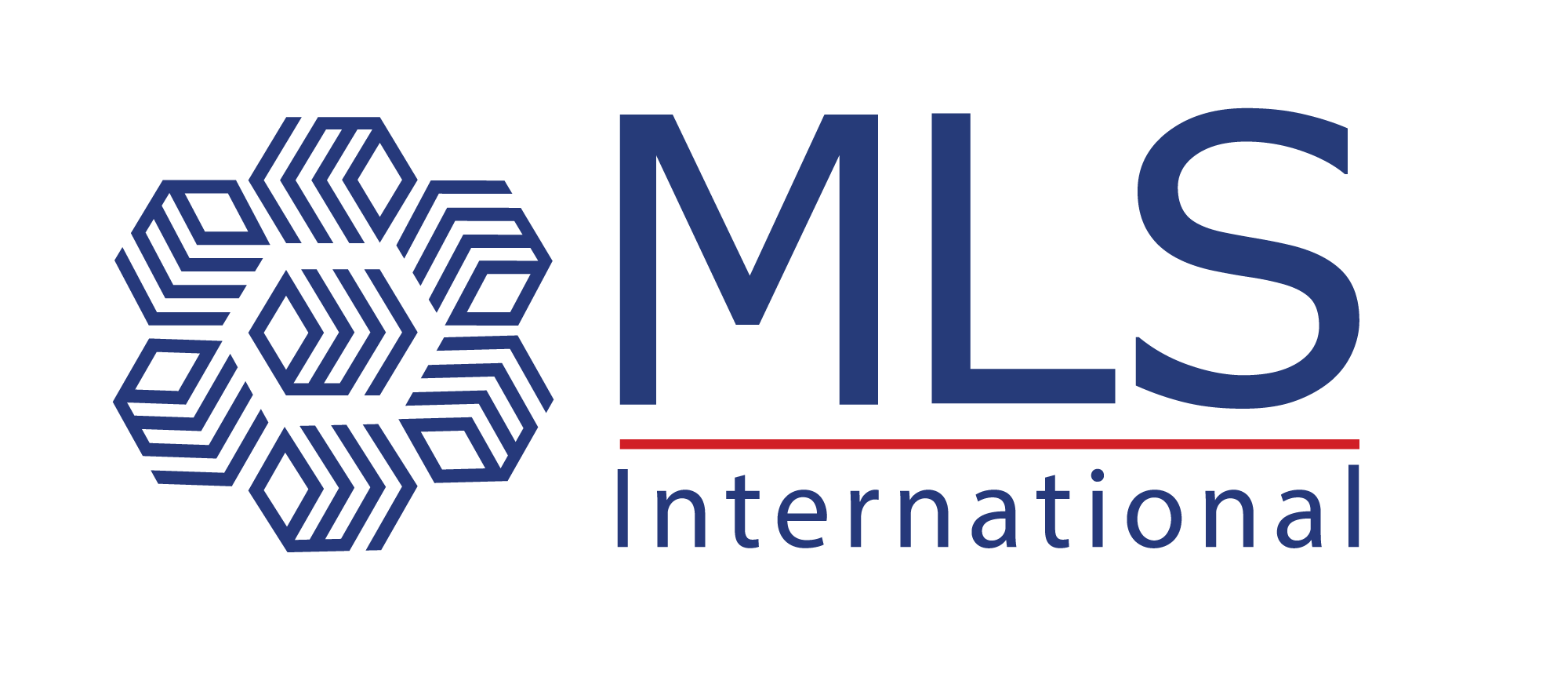Portugal Work Permit & Recruitment Solutions
Unlock seamless global hiring and secure Portugal work permits with our all-inclusive recruitment and immigration support services. We specialize in sourcing exceptional international talent and expertly managing every step of the work visa process so that your business can grow while staying fully compliant with Portuguese immigration and labor laws.

Key Questions to Clarify
- What is a Portugal Work Permit, and who must obtain one?
Clarify that non-EU/EEA nationals require a work permit before starting employment in Portugal. - What is the D1 Visa, and why is it essential for third-country nationals?
Explain that the D1 Visa is the long-term Schengen visa needed for non-EU workers and serves as a pathway to residency and eventual citizenship. - What documents and evidence are required for the work permit application?
Outline the key documents such as a valid passport, employment contract, proof of accommodation, financial means, criminal record certificates, and health insurance. - How long does the entire process take from application to receiving the work permit?
Provide typical processing times for the work permit, visa application, and post-arrival residence permit registration. - What are the associated costs and fees for obtaining a Portugal Work Permit?
Detail the visa fees, residence permit fees, and any additional costs for document translation or certification. - What advantages are there to hiring non-European workers?
Emphasize the benefits like access to diverse skill sets, competitive salary expectations, and the opportunity to infuse global perspectives into the workforce. - Can my family join me under the work permit, and what are the requirements for family reunification?
Clarify the eligibility and documentation needed to bring immediate family members along. - Is proficiency in Portuguese mandatory for work permit holders?
Discuss that while not always mandatory, basic language skills can significantly ease integration into both the workplace and local community. - What ongoing support is provided after the work permit is issued?
Outline the post-arrival assistance such as obtaining tax numbers, social security registration, and additional HR and compliance support. - What measures ensure a smooth and efficient application process?
Highlight the benefits of working with experts who offer tailored recruitment strategies, dedicated account management, and Employer of Record solutions.
Portugal Work Permit Document Requirements
- Valid Passport: Your passport must be valid for at least three months beyond your intended stay in Portugal and contain at least two blank pages.
- Passport-Sized Photographs: Provide two recent, color photographs that comply with Portuguese visa photo guidelines.
- Employment Contract: A signed work contract from your Portuguese employer, detailing your job role, salary, and employment duration.
- Proof of Accommodation: This could be a rental agreement, hotel reservation, or a letter of invitation from a host in Portugal confirming your accommodation arrangements.
- Proof of Financial Means: Bank statements, salary pay slips, or other financial documents that demonstrate you have sufficient funds to support yourself during your stay.
- Criminal Record Certificate: A recent certificate issued by the relevant authorities in your country of residence (and any other country where you have lived for more than one year).
Ensure that this certificate is translated and notarized if it is not in English or Portuguese. - Health Insurance Coverage: Documentation proving you have valid health insurance that covers you in Portugal.
- Work Permit Documentation (Employer’s Documentation): Evidence from your employer that the job was advertised locally for at least 30 days before offering it to a non-EU candidate.
This may include the employer’s tax statements, proof of registration with Social Security, and any other supporting documents required by the Portuguese labor authorities. - Completed Application Forms: Fully filled and signed visa application forms and work permit request forms as provided by the Portuguese Embassy/Consulate.
- Additional Supporting Documents (if applicable): Academic degrees or professional certificates relevant to your position.
Proof of work experience, such as letters of recommendation or previous employment contracts.
Why Choose Portugal?
Portugal is an attractive destination for businesses and professionals alike, offering:
- A Thriving Economy: Access to a growing market in technology, healthcare, tourism, and more.
- Favorable Work-Life Balance: Enjoy a relaxed lifestyle, warm climate, vibrant culture, and excellent public services.
- Strategic European Location: Benefit from Portugal’s membership in the Schengen Area, facilitating travel throughout Europe.
- Cost Efficiency: Lower living and operational costs compared to other Western European countries.
Our Comprehensive Services
Candidate Sourcing & Screening
- Identify and connect with top international candidates.
- Conduct rigorous screening to ensure each candidate meets your technical, cultural, and skill requirements.
Work Permit & Visa Assistance
- Provide expert, step-by-step guidance through Portugal’s work permit process.
- Assist with gathering, translating, and notarizing essential documents such as passports, photos, criminal records, health insurance, and employment contracts.
Tailored Recruitment Strategy
- Develop customized hiring solutions that align with your business needs.
- Craft recruitment campaigns designed to meet Portuguese labor and immigration standards.
End-to-End Process Management
- Manage the entire hiring journey from candidate screening and interviews to visa application submission and follow-up.
- Reduce administrative burdens and streamline your recruitment timeline.
Ongoing HR & Compliance Support
- Deliver continuous legal and immigration updates.
- Help new hires with post-arrival registration, including obtaining tax numbers, social security, and residency permits.
- Provide Employer of Record (EOR) services for companies without a local entity, handling payroll, benefits, and compliance.
Advantages of Hiring Non-European Workers
Hiring non-European (third-country) nationals offers distinct benefits:
- Diverse Skill Sets: Tap into a global talent pool with unique expertise and innovative perspectives.
- Competitive Edge: Gain access to specialized skills not readily available in the local market.
- Cost-Effective Recruitment: Often, non-European candidates may offer more competitive salary expectations while still bringing high value.
- Global Network Expansion: Enhance your company’s global outlook and strengthen cross-cultural collaboration, which can be pivotal for international growth.
Third-Country Nationals & The D1 Visa
For non-EU/EEA citizens, obtaining a Portugal Work Permit is mandatory:
D1 Visa Requirement:
- Third-country nationals must secure a D1 Work Visa to legally work in Portugal.
- The D1 Visa is a long-term Schengen (Type D) visa that allows non-EU employees to work and reside in Portugal.
Key Advantages of the D1 Visa:
- Legal Security: Grants full legal work authorization, ensuring compliance with Portuguese labor laws.
- Pathway to Residency: Serves as a stepping stone to obtaining a Portuguese residence permit, permanent residency, and eventually citizenship.
- Flexibility: Enables travel within the Schengen Area while living and working in Portugal.
- Attracting Global Talent: Helps businesses bridge skills gaps by legally recruiting highly qualified professionals from outside the EU.
Our Process
1. Initial Consultation
- Discuss your recruitment needs and determine eligibility for the Portugal Work Permit.
- Outline a detailed timeline and required documentation.
2. Candidate Sourcing & Screening
- Identify, interview, and shortlist candidates who match your criteria.
- Verify technical skills and cultural fit through comprehensive assessments.
3. Work Permit & Visa Application
- Assist your employer in advertising the role and obtaining the necessary work permit from local labor authorities.
- Guide candidates through the complete visa application process at the Portuguese embassy or consulate.
4. Post-Arrival Support
- Help new hires register for a residence permit, obtain a tax number, and enroll in the social security system.
- Provide ongoing support to ensure smooth integration into both the workplace and the local community.
What is Staff Outsourcing?
Staff outsourcing is a business practice where companies delegate certain tasks, functions, or entire departments to external service providers rather than handling them in-house. This strategy allows organizations to focus on their core activities while leveraging specialized expertise, technology, and resources provided by third-party firms.
Advantages of Staff Outsourcing
- Cost Savings:
Reduces expenses related to recruiting, training, salaries, and benefits, as external providers often offer competitive rates. - Access to Expertise:
Gains access to specialized skills and industry knowledge that may not be available internally, ensuring high-quality service delivery. - Increased Flexibility:
Allows companies to scale their workforce up or down quickly based on project demands or market conditions without long-term commitments. - Focus on Core Competencies:
Enables your team to concentrate on strategic, revenue-generating activities by offloading non-core tasks to specialists. - Improved Efficiency and Productivity:
Outsourcing providers typically employ best practices and advanced technologies to optimize processes, which can lead to faster turnaround times and better performance. - Risk Management:
Sharing operational risks with the outsourcing partner can reduce your exposure to issues related to staffing, technology investments, and compliance. - Access to Global Talent:
Taps into a broader pool of talent across different regions and time zones, often providing round-the-clock productivity and support. - Enhanced Innovation:
Collaborating with external experts can bring fresh ideas and innovative solutions to your business challenges.
Frequently Asked Questions
What is a Portugal Work Permit?
It is the official authorization required for non-EU/EEA citizens to work legally in Portugal, typically part of the long-term (Type D) visa process.
Who needs a work permit to work in Portugal?
Non-EU/EEA citizens require a work permit. EU/EEA/Swiss citizens can work freely but must register for residency if staying longer than three months.
What documents are required for a work permit application?
Common documents include a valid passport, passport photos, a signed employment contract, proof of accommodation, evidence of sufficient funds, criminal record certificates, and valid health insurance.
What are the advantages of hiring non-European workers?
Non-European hires offer diverse skill sets, unique global perspectives, competitive salary expectations, and can expand your company’s international network.
What is the D1 Visa, and who requires it?
The D1 Visa is a long-term Schengen visa required for non-EU/EEA citizens who wish to work in Portugal. It ensures legal work authorization and serves as a pathway to residency and citizenship.
How long does the work permit process take?
Work permit processing typically takes around 60 days, with the complete visa process (including residence permit application) taking an additional 2–3 months.
Can my family join me on my work permit?
Yes, most work permits allow for family reunification, provided you can demonstrate sufficient financial support for your dependents.
Is basic Portuguese language proficiency necessary?
While not mandatory, basic knowledge of Portuguese can ease integration into the workplace and local community.
About Us
Offering top-tier visa and recruitment consultant services, clients can expect highly professional assistance with visas and work permits across Europe.
contact@mlsvisconsultant.com
+380977166974
Connect

Aleja Jana Pawła II 27, 00-867 Warsaw, Poland
